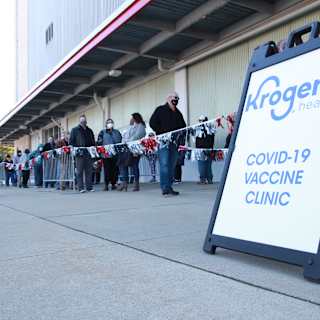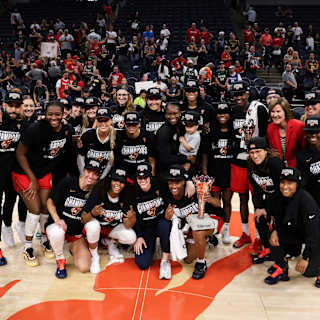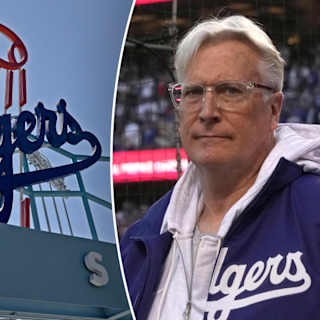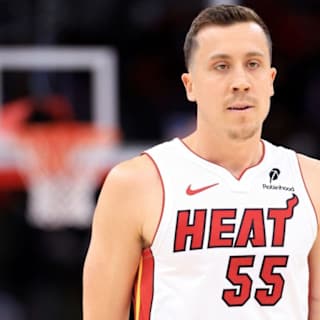- Arbitrator Documents League Encouragement
- Players Claim Impact on Star Quarterbacks
- High Legal Standard Protects NFL
An arbitrator concluded that NFL commissioner Roger Goodell and league management encouraged teams to reduce contract guarantees for veteran players, according to a previously secret ruling obtained by journalists Pablo Torre and Mike Florio on Tuesday.
The finding represents one of the clearest examples of alleged coordination between NFL ownership and league officials regarding player compensation, though the league ultimately prevailed in the grievance filed by the NFL Players Association.
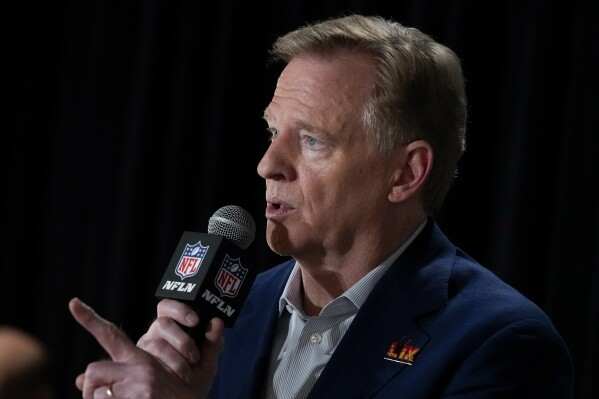
System Arbitrator Christopher Droney wrote in his January 2025 ruling that "there is little question that the NFL Management Council, with the blessing of the Commissioner, encouraged the 32 NFL Clubs to reduce guarantees in veterans' contracts at the March 2022 annual owners' meeting"123.
The meeting occurred weeks after the Cleveland Browns signed quarterback Deshaun Watson to an unprecedented five-year, $230 million fully guaranteed contract12. According to the ruling, NFL Management Council representatives told owners that continuing guaranteed contract trends "can handcuff a Club in the future"4.
Email exchanges between Goodell and then-NFL general counsel Jeff Pash showed both officials wanted to warn owners about guaranteed contracts' downsides4. "Agree with raising with a big concern that this will erode a key aspect of our CBA that resisted guaranteed money," Goodell wrote to Pash4.
The NFLPA argued that quarterbacks Lamar Jackson, Russell Wilson and Kyler Murray were affected by the alleged directive12. All three signed major extensions after Watson but received no fully guaranteed deals.
Jackson's situation drew particular scrutiny. Despite being tagged by Baltimore, no teams made offer sheets for the MVP quarterback, even those needing help at the position12. Jackson eventually signed a five-year, $260 million deal with $185 million guaranteed1.
Wilson testified he believed Denver would offer a fully guaranteed contract but the team got "cold feet"3. Murray's representatives attempted to secure full guarantees only after Watson's deal3.
Despite finding evidence of encouraged collusion, Droney ruled the NFLPA failed to prove by "clear preponderance of the evidence" that teams acted on the advice123. This standard, agreed upon by the union in previous collective bargaining, created an unusually high bar for proving collusion3.
Eight team owners testified they ignored the Management Council's guidance, testimony Droney accepted without requiring corroborating evidence4.
The 61-page ruling remained confidential for nearly six months before Torre obtained the document24. Both the NFL and NFLPA had refused to release the decision despite its public interest implications2.
